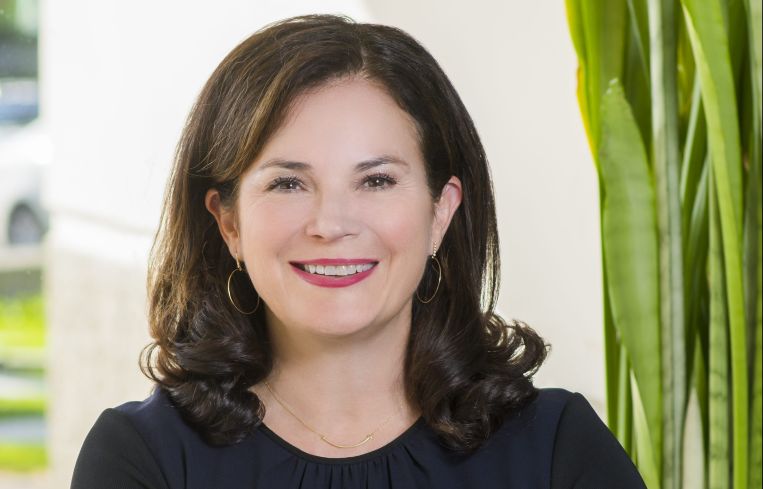Ten-X President Maureen Waters Joins MetaProp
By Chava Gourarie April 22, 2020 9:34 am
reprints
Maureen Waters joined venture capital firm MetaProp as a partner to lead their investments and strategic partnerships, the company announced.
Waters was previously the president of real estate tech brokerage Ten-X, where she began as chief marketing officer in 2016. Prior to Ten-X she was head of real estate at Bill Gates Investments and spent fifteen years at Cushman & Wakefield, with three years spent as the executive vice president of brokerage.
She expects to put her experience at the nexus of commercial real estate, technology and investment to use in her new role. “I joined [MetaProp] because I have a background that is pretty diverse, and this will allow me to utilize all of the skills and experience I developed over many years,” Waters told Commercial Observer.
At MetaProp, an early-stage proptech investor and incubator, Waters plans to build up the firm’s strategic partnerships as well as foster the growth of its portfolio companies, and seek out new investments. Like many real estate-focused venture firms, MetaProp partners with many real estate companies that double as investors and customers, where startups can pilot or rollout their products. Its existing roster of real estate partners includes Millennium Partners, Warburg Realty and Zillow, according to their website.
Waters joined the New York-based firm on April 1 in the midst of a global pandemic, a pullback in investment capital, and an uncertain future. It’s at times like these that both strategic partners and portfolio companies are really looking for guidance on how to reinvent themselves in a world that’s changing so quickly, Waters said.
“There are competing forces,” Waters said. “There are very strong forces that say, ‘We have to cost-cut, we’re in survival mode.’ And there’s a force that says, ‘We have to continue to invest in our future, and if we don’t we’re going to be way behind.’”
As for long-term effects, Waters said she’s interested to see how quickly the current crisis will accelerate the adoption of existing technologies, such as automation, across all asset types and sectors. She’s also paying attention to how this crisis resets our understanding of spatialization, potentially reversing the trend towards smaller footprints in both office and residential.
Another effect, Waters says, is how much family has been reset as the core, as families come together virtually during the crisis, and communicate a lot more. That, combined with a bad economy, could potentially have a profound impact on how people live together.
“Whereas the urban centers were becoming the core of everything in the last decade, we could shift back to more of a suburban environment, with investors looking at creating communities, for extended families, but with the ability to work for anywhere,” Waters said.


